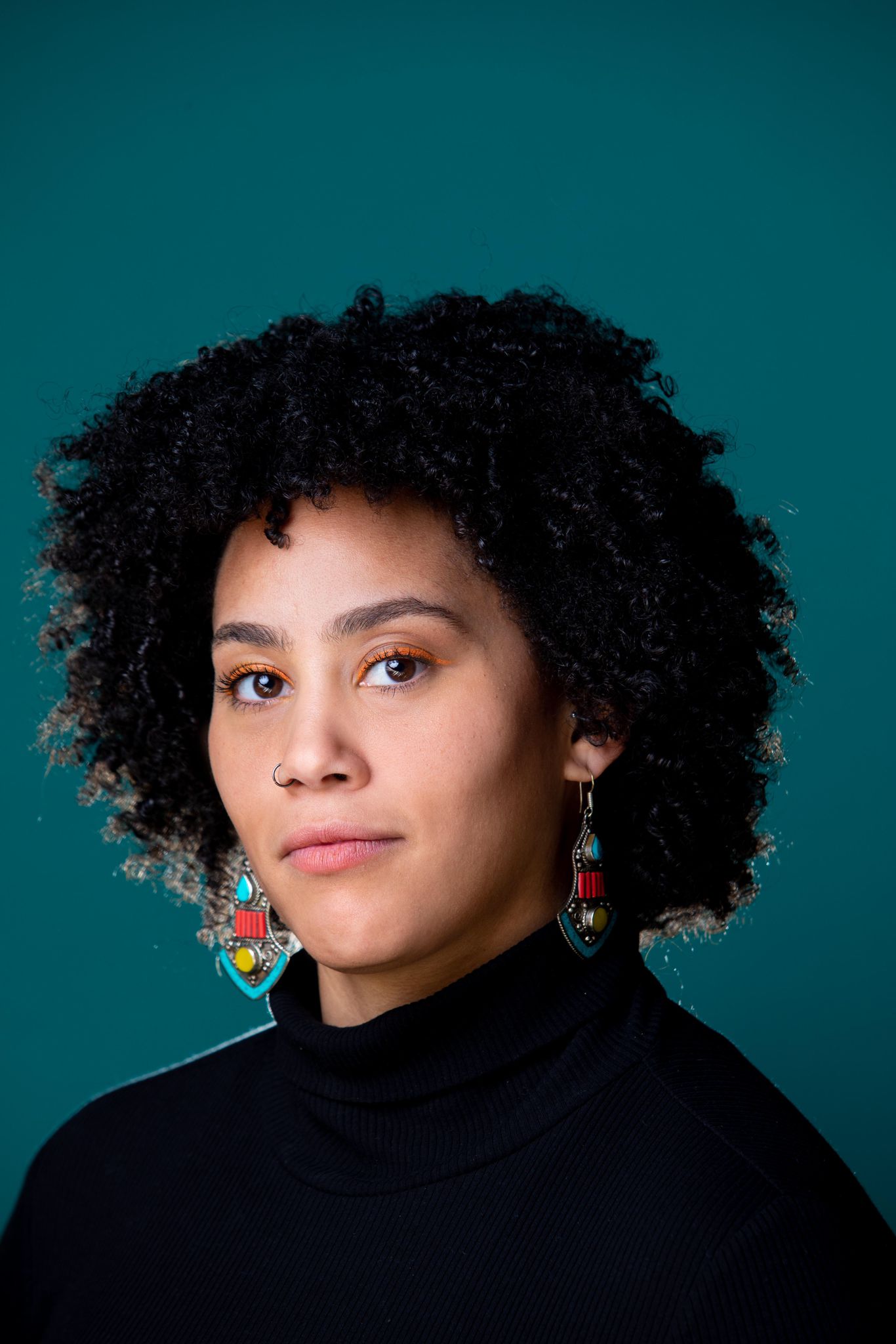I am a historian of science, race, and gender in the modern Middle East, specializing in nineteenth- and early twentieth-century Egypt. My research and teaching interests lie at the intersections of critical race and gender studies, decolonial materiality, and histories of science, technology, and medicine in the non-West. My first book, Amulet Tales: Magic and the Making of Modern Egypt (under contract with Duke University Press), uses a material archive of talismans and charms to illuminate the role of women healers in the global development of anthropology and local economies of healing in colonial Egypt. My second project, Living Fossils, draws on environmental history and history of technology to understand how the bodies of rural Egyptians became a contested site for the mediation of ideas about science, technology, and environments in the global historical imagination.
My scholarship has appeared in the American Historical Review, Isis, History of the Present, the International Journal of Middle East Studies, Historical Studies in the Natural Sciences, and the Los Angeles Review of Books. My article, “An (Un)Natural History,” was awarded the David Edge Prize from the Society for Social Studies of Science and the Price/Webster Prize from the History of Science Society. My research has been funded by Ford Foundation Predoctoral and Dissertation Fellowships, the Social Science Research Council, and the Council for American Overseas Research Centers. I am currently a Junior Fellow in the Andrew W. Mellon Society of Fellows in Critical Bibliography at the University of Virginia’s Rare Book School.
I received my Ph.D. in History from Rutgers, The State University of New Jersey. I graduated from the American University in Cairo with a dual BA in Honors Political Science and Sociology. I was previously an Academy Scholar at The Harvard Academy for International and Area Studies and a UC President’s Postdoctoral Fellow at the University of California, Santa Barbara.

